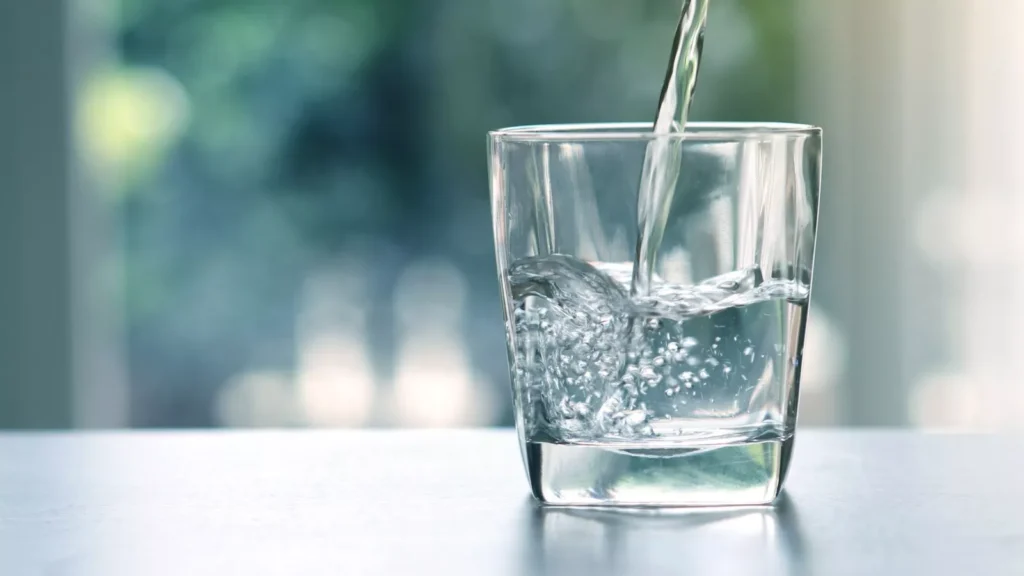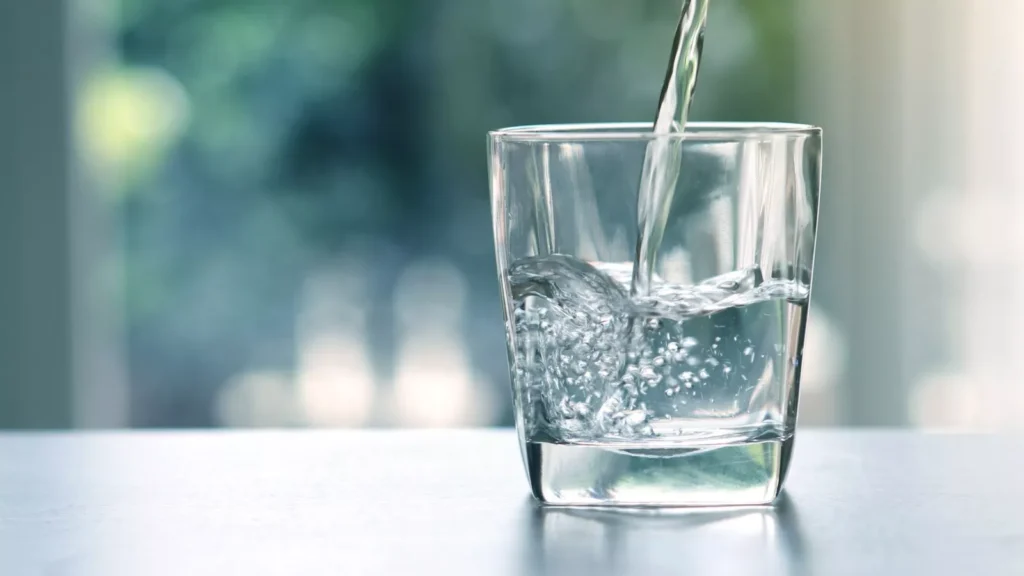Health is Wealth (Small Changes, Big Impact)

Water is a precious liquid provided by the planet. Earth is a paradise for all ecological and geological systems. From Forest to Oceans, Land to Surface, Lake to River, Sand to Mountains, Plants to Flowers, Roads to Highways Everything we see is beautiful.
Water is more than just water; it is a vital component of the organism. Water is required for human survival and plays an important part in maintaining general health and well-being.
Water, as the basic component of the human body, performs a variety of physiological functions like controlling body temperature, lubricating joints, carrying nutrients and oxygen to cells, and eliminating waste through urine and sweat.
Adequate hydration is essential for good digestion, circulation and renal function, as well as keeping skin healthy and avoiding dehydration-related disorders. In addition to its physiological benefits, water promotes cognitive function and mental clarity, so improving focus, concentration and mood. Thus, ensuring adequate water intake is critical for maximum health, vigour and performance in daily activities.
According to a report prepared by UNESCO on behalf of UN-Water and unveiled today at the UN 2023 Water Conference in New York, 2 billion people (26% of the world’s population) do not have access to clean drinking water and 3.6 billion (46%) do not have access to adequately managed sanitation.
Water becomes a commodity as valuable as gold in India. The country has 18% of the world’s population but just 4% of its water resources, ranking among the most water-stressed in the world. According to a recent assessment by the government’s policy think tank, the NITI Aayog, a substantial proportion of Indians are experiencing severe to extreme water stress.
Future of water
It’s something we all understand yet may take for granted. Water is life. Today is World Water Day, so take a moment to recognise the value of water as an essential resource in all we do.
Water is crucial for environmental conservation. It is linked to all human action and every living thing on the planet.
It helps to preserve the “ecosystem services” on which we rely. What exactly are these “services?” They are actually fairly simple things found in nature, such as healthy wetlands that protect us from floods and increase water quality, and fertile soil that allows plants to thrive.
Daily Intake of water
We need water to keep trees and other plants alive so they can keep us cool and breathing; in fact, plants are essential for producing the oxygen we breathe. In addition, we require water to grow food, generate energy, drink and wash in order to protect human health.
Biological Necessity: Water is essential for all life forms. It is the principal solvent for biological activities, supporting vital metabolic processes within cells and tissues. Without water, life as we know it would become unsustainable.
Cellular Function: Water is an essential component of cells, tissues, and organs throughout the body. It is essential for maintaining cell structure and function, controlling body temperature, carrying nutrients and oxygen to cells, and eliminating waste from the body.
Hydration and Fluid Balance: Adequate hydration is required to maintain adequate fluid balance in the body. Water regulates body temperature, lubricates joints, cushions organs, and promotes digestion, circulation and kidney function. Maintaining enough hydration is essential for general health and well-being.
Nutrient Transport: Water transports nutrients, hormones, and other vital substances throughout the body. It helps to absorb and distribute nutrients from the digestive system to cells and tissues, promoting development, repair and overall metabolic function.
Detoxification: Water aids the body’s natural detoxification processes by flushing away toxins, metabolic waste products, and other toxic things via urine and sweat. Adequate water helps the kidneys work properly and improves waste removal.
Cognitive Function: Adequate hydration is required for peak cognitive function and mental performance. Even minor dehydration can impair concentration, focus, and memory, influencing mood, productivity and general cognitive capacities.
Overall Health and Well-Being: Water is necessary for good health, vigour and wellbeing. It helps regulate body temperature, improves immunological function, and promotes healthy skin, hair and nails.
What are the water quality standards?

Purity: Water should be devoid of dangerous impurities, pollutants and diseases that could endanger humans and other species. Bacteria, viruses, parasites, heavy metals, pesticides and industrial pollutants are among the most common contaminants.
Daily Intake of water
Clear, translucent water signifies low suspended particles or turbidity. Cloudy or discoloured water may indicate the presence of sediments, pollution or other impurities that degrade water quality and appearance.
Taste and Odour: High-quality water should be odourless and have a fresh, neutral flavour. Unpleasant tastes or odours could be due to organic or inorganic chemicals, algae blooms or microbiological contamination.
Water quality is affected by its chemical makeup, which includes pH, alkalinity, hardness, and mineral content. Safe drinking water often falls within a set of limits specified by regulatory agencies to protect human health and safety.
Microbiological Safety: Water should be free of hazardous microorganisms like bacteria, viruses, and parasites that can cause waterborne illnesses. Regular monitoring and treatment of water sources is critical for preventing microbial contamination and ensuring microbiological safety.
Compliance with Regulations: Government-issued water quality standards and regulations provide guidelines for allowable levels of pollutants and parameters in drinking water. Compliance with these requirements helps to guarantee that water is safe for human consumption.
Sustainability: Sustainable water management methods are critical for maintaining water quality and assuring the availability of clean water for future generations. Protecting water supplies, controlling pollution and encouraging conservation are all essential components of sustainable water management.
How much water intake is necessary per day?
The recommended daily water intake varies with age, gender, weight, exercise level, climate and overall health status. However, a basic rule that is frequently mentioned is to drink about 8 glasses of water every day, which is about comparable to 2 litres or 1/2 gallon.
About 15.5 cups (3.7 liters) of fluids a day for men. About 11.5 cups (2.7 liters) of fluids a day for women.
Pingback: How much water to drink a day? – Healthymefityou